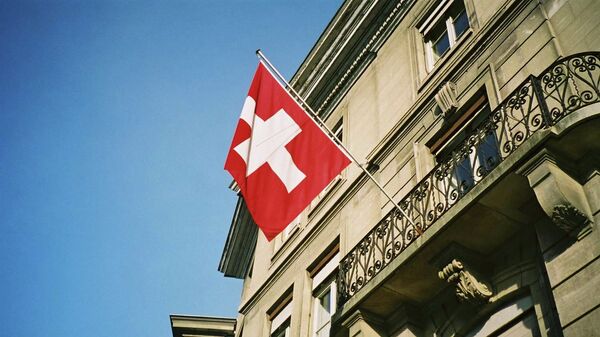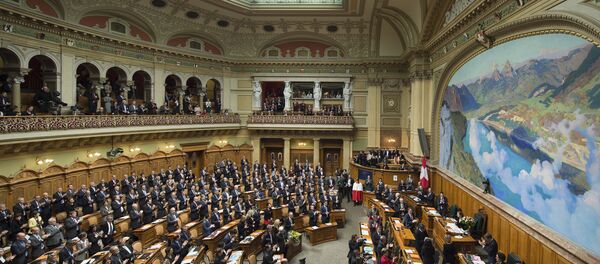By February next year, the Swiss government must introduce some form of caps on EU nationals coming to the country. This initiative was approved in a legally binding national referendum in 2014 but contradicts the EU principle of free movement of people within the common market, to which Switzerland adheres. Should limits be imposed, Bern runs the risk to being denied access to the European Union's single market. Talks on the issue, under way for two years, have yielded no results with a new round of high-level talks scheduled for September 19.
"The Social Democratic Party seeks a solution that includes the European Union. To be more specific: a violation of the principle of free movement endangers our bilateral contracts and good relations with Europe. The solution must be a package of internal reforms to absorb the social impacts of market liberalization, to decrease the economic demand for foreign workers and to get more people, who already live in Switzerland, into the workforce," Michael Sorg said.
In February, the State Secretariat for Economic Affairs announced that the overall unemployment rate had reached 3.6 percent, though among non-Swiss residents it was 7.6 percent.
Michael Sorg also emphasized that the bilateral agreements between the European Union and Switzerland are of major importance for the Swiss economy.
The Swiss people are aware of that fact, having acknowledged these agreements in referendums five times already, he noted.
The Swiss are far more dependent on the EU market than Brussels is on Bern, with the former accounting for 56 percent of Swiss exports.
If the negotiations between Switzerland and the European Union on an immigration deal are locked in stalemate by the end of the year, the Swiss government may enact a new law that would allow the country to continue with existing bilateral agreements, according to Sorg.
"We are convinced that a solution that allows a continuation of the bilateral agreements can and will be adopted by the parliament in the form of a law before the end of this year," Michael Sorg asserted, without elaborating on details.
"If there is no solution by February 2017, it is in the hand of the Swiss government to enact a (maybe temporary) law," Sorg added.
Late last week, Swiss and the EU technical experts ended summer talks on the issue without finding a way to break the deadlock over immigration. On September 19, Johann Schneider-Ammann, the Swiss Economic Affairs minister who this year also holds the rotating presidency, is due to meet with European Commission President Jean-Claude Juncker in Zurich to find a way out of the impasse, with most local politicians pessimistic about the likelihood of a solution being found.
The situation has been largely complicated by the United Kingdom's Brexit vote to leave the European Union. As Brussels will have to negotiate with London on the free movement of people, it is likely to maintain a hardline approach on the issue while negotiating with Switzerland.





